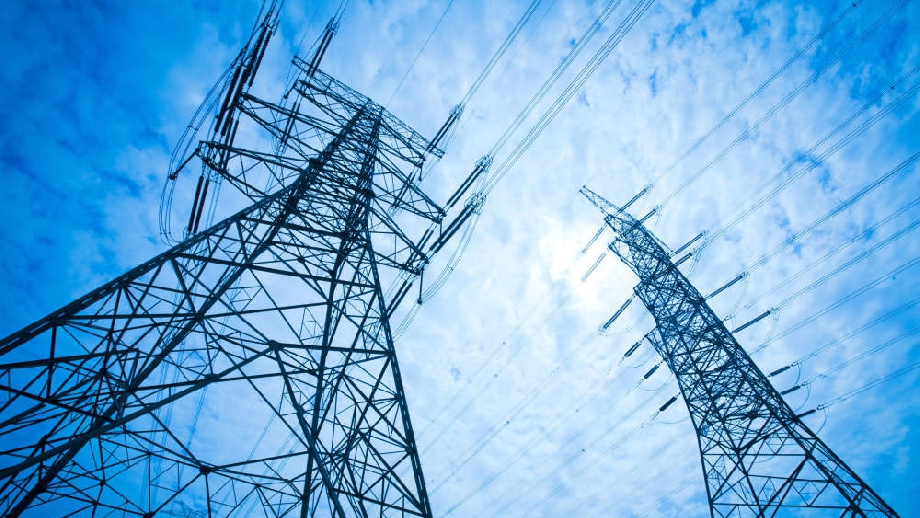
The Nigerian government is grappling with a significant financial burden, owing approximately N200 billion each month to electricity generation companies.
This issue was highlighted by the Senate Committee on Power during a retreat held on Saturday in Ikot-Ekpene, Akwa Ibom State.
Senator Enyinnaya Abaribe, the chairman of the committee, revealed that the government has not made any payments to power producers this year, resulting in an accumulated debt of around N800 billion. This adds to an already existing debt of over N3 trillion, driven by tariff shortfalls.
The retreat, organized by the Nigerian Electricity Regulatory Commission (NERC), aimed to address critical challenges in the power sector.
Senator Abaribe emphasized the liquidity crisis affecting both generation and distribution companies, driven by insufficient tariff subsidies from the government.
Understanding the Federal Government's Role and Nigeria's Electricity Value Chain
The Nigerian government plays a crucial role in Nigeria's electricity value chain, which consists of three main segments: generation, transmission, and distribution.
- Generation: This is the first step in the electricity value chain, where electricity is produced by generation companies (GenCos) using various energy sources. These companies require payment for their services to cover operating costs and maintain infrastructure.
- Transmission: After generation, electricity is transmitted through high-voltage power lines to various regions. The Transmission Company of Nigeria (TCN) is responsible for this segment, ensuring that power reaches the distribution networks.
- Distribution: Finally, electricity reaches consumers through distribution companies (DisCos). These companies manage the delivery of electricity to homes and businesses.
The government subsidizes the cost of electricity to keep it affordable for consumers. This involves compensating both generation and distribution companies for the gap between the actual cost of electricity production and the tariffs that consumers pay. These subsidies are essential to ensure continuity in electricity supply and prevent financial strain on the companies involved.
The Minister of Power, Adebayo Adelabu, acknowledged the administration's achievements in increasing power generation but noted persistent challenges such as funding shortages and vandalism of infrastructure.
The Deputy Governor of Akwa Ibom State, Senator Akon Eyakenyi, representing the governor, emphasized the necessity of steady electricity for Small and Medium Enterprises, which are vital to economic growth.
With the expertise gathered at the retreat, there is optimism that the pressing issues in Nigeria's power sector can be effectively addressed, paving the way for a more sustainable energy future.


